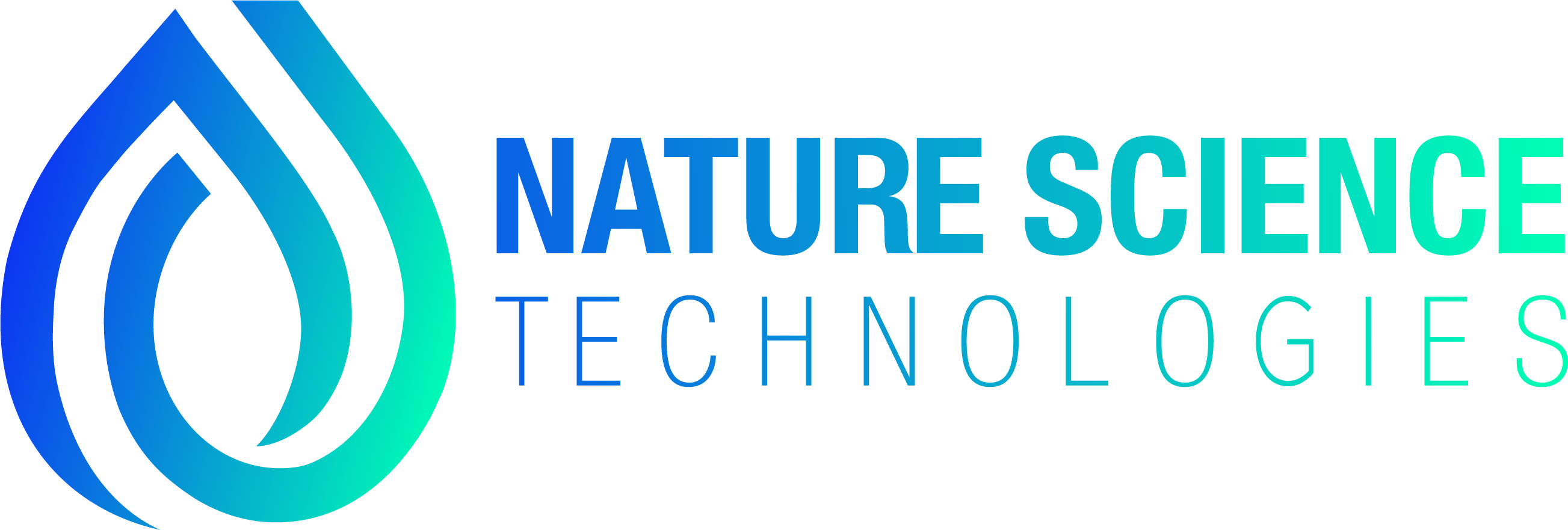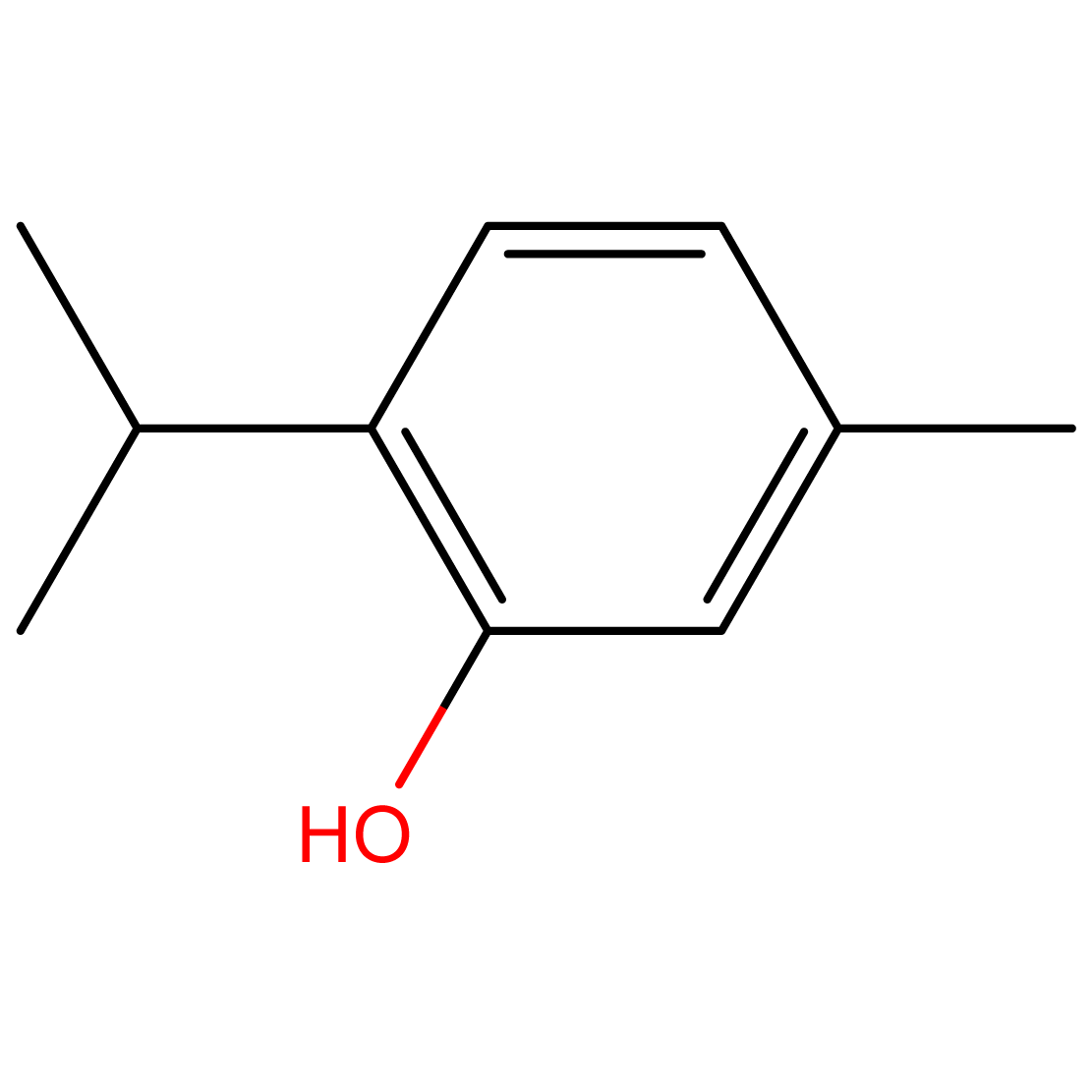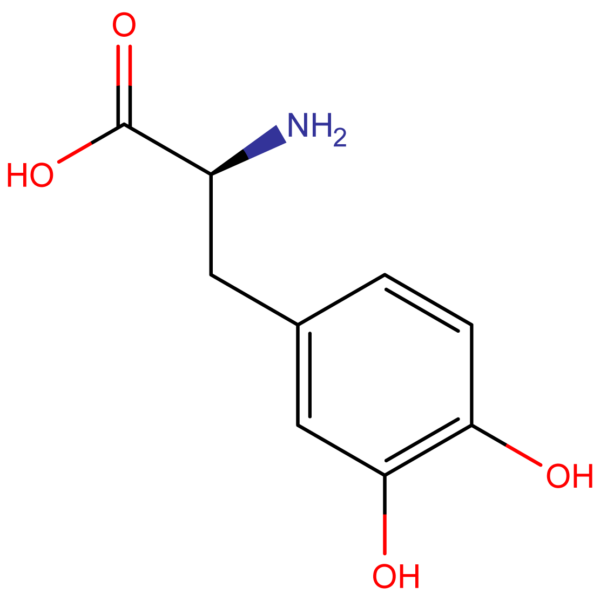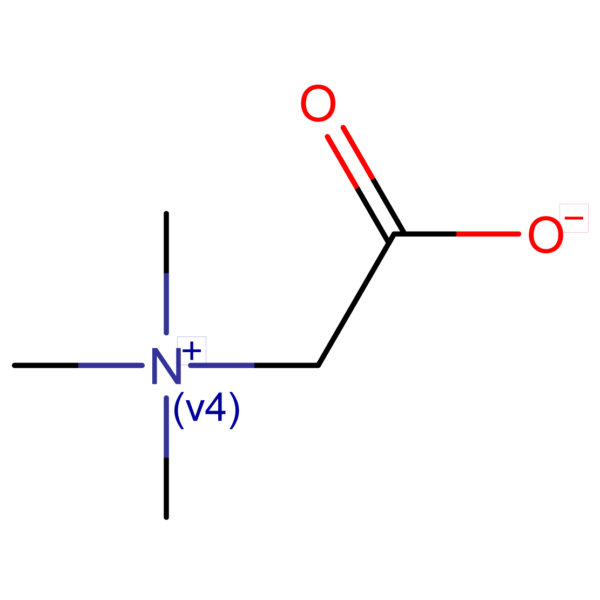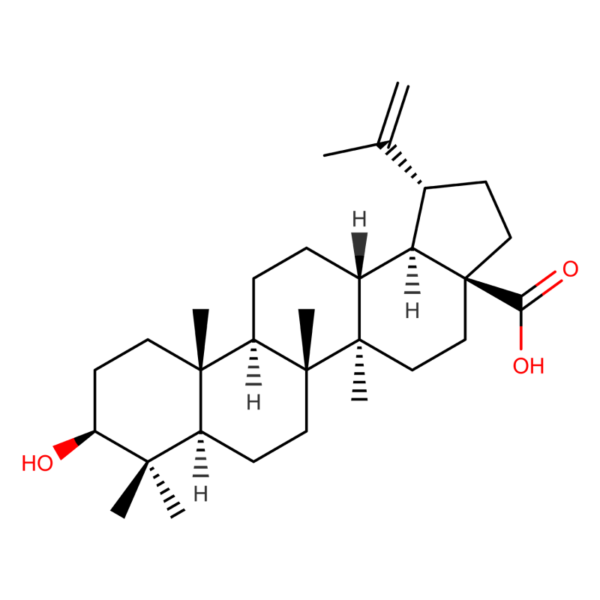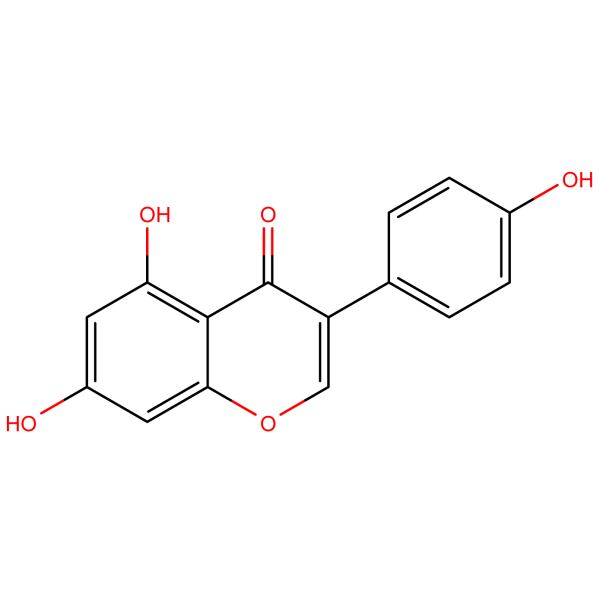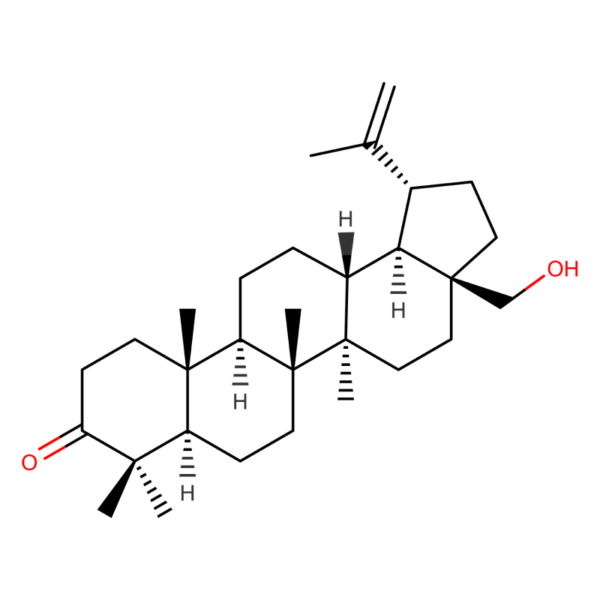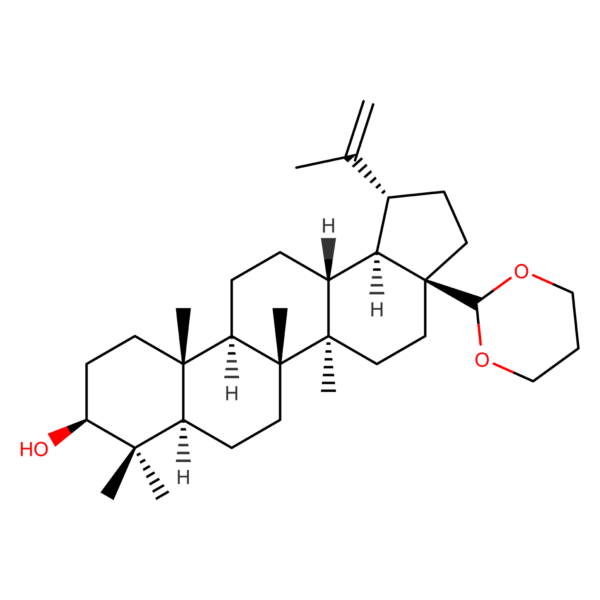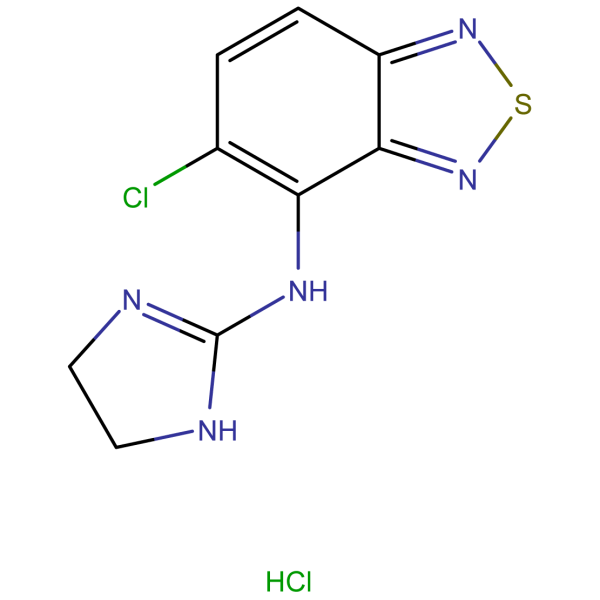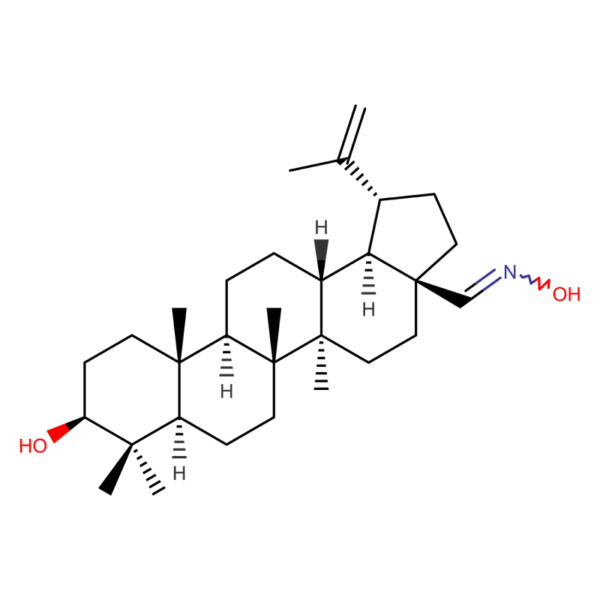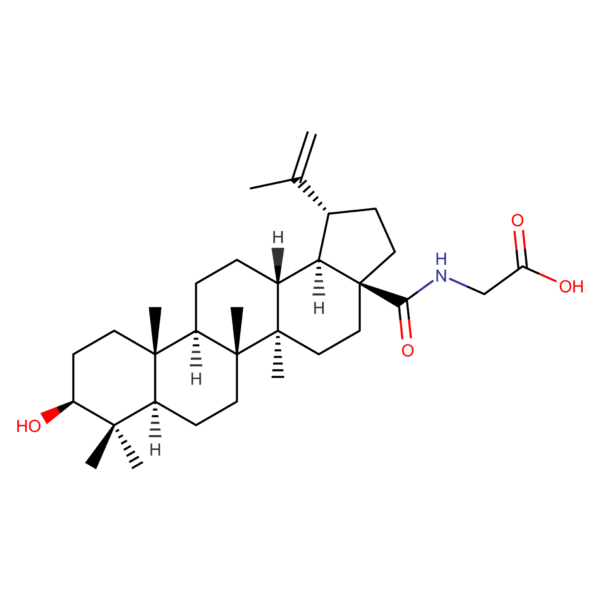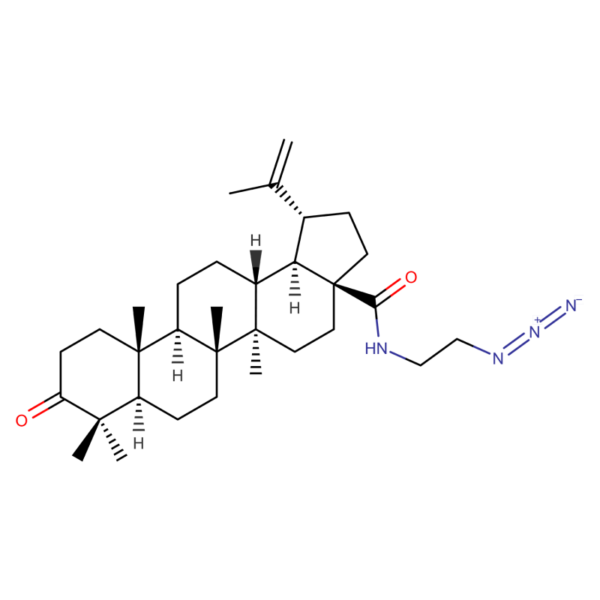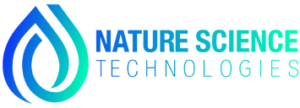Thymol: Potent Natural Monoterpenoid for Advanced Antimicrobial Research
1. Molecular Identity
- Chemical Name: 2-Isopropyl-5-methylphenol
- CAS Number: 89-83-8
- Source: Naturally occurring in thyme oil and other essential oils
2. Biochemical Significance
Thymol is a monoterpenoid phenol with diverse biological activities. Its unique molecular structure contributes to its potent antimicrobial, antioxidant, and anti-inflammatory properties, making it a compound of significant interest in various fields of research and potential applications.
3. Key Properties of Thymol
- Antimicrobial: Exhibits strong activity against bacteria, fungi, and viruses
- Antioxidant: Demonstrates free radical scavenging capabilities
- Anti-inflammatory: Shows ability to modulate inflammatory responses
- Analgesic: Indicates potential pain-relieving properties
4. Potential Research Applications
- Natural preservative development
- Oral care product formulation
- Dermatological studies
- Respiratory health investigations
5. Current Research Focus
Ongoing studies are investigating thymol’s effects on:
- Antibiotic-resistant bacterial strains
- Biofilm formation and disruption
- Inflammatory skin conditions
- Respiratory tract infections
6. Formulation Challenges and Innovations
Researchers are actively working on:
- Enhancing stability in various product formulations
- Developing controlled-release systems for prolonged activity
- Creating synergistic combinations with other natural compounds
7. Regulatory Considerations
Thymol (CAS 89-83-8) is Generally Recognized as Safe (GRAS) by the FDA for use as a food additive. Its use in specific therapeutic applications may require additional regulatory approval depending on the jurisdiction and intended use.
8. Future Research Directions
The scientific community anticipates:
- Advanced studies on the mechanisms of action against various pathogens
- Exploration of thymol’s potential in combination therapies
- Investigation of novel applications in food safety and preservation
9. Collaborative Opportunities
We invite microbiologists, pharmacologists, food scientists, and academic institutions to explore the research potential of thymol. For inquiries, collaborations, or to discuss how this compound can benefit your research projects, please contact us at sales@nstchemicals.com.
Join us in advancing antimicrobial research with thymol – a versatile natural compound at the forefront of innovative therapeutic strategies.
